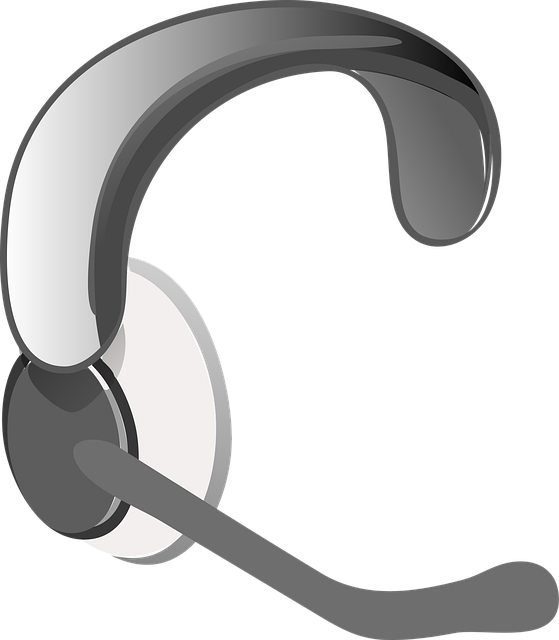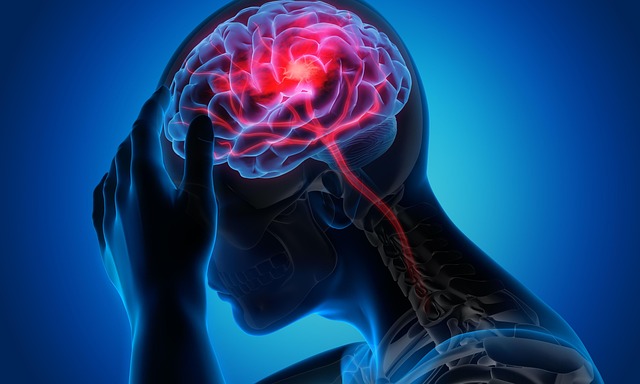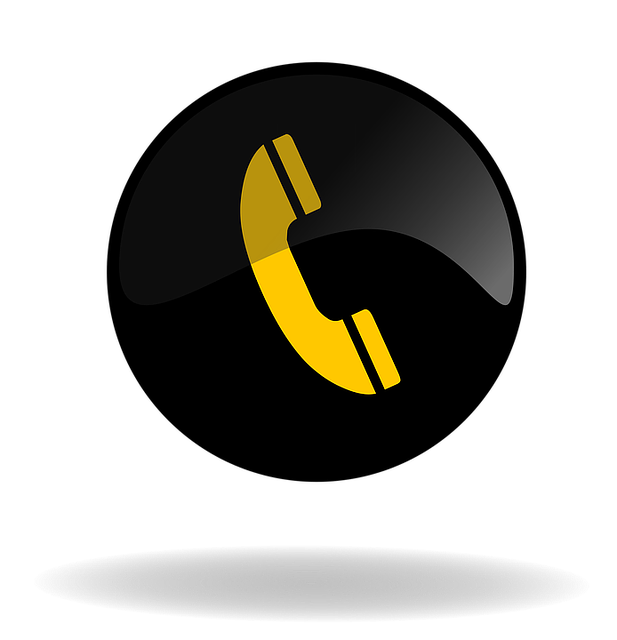Healthcare compliance call centers are vital in protecting patient data under HIPAA regulations. They safeguard PHI through encryption, access controls, and staff training, ensuring secure communication and maintaining patient privacy. Adherence to these standards builds trust, enhances security, and streamlines healthcare operations by providing a reliable, centralized hub for medical interactions.
In the digital age, patient data security is paramount. Discover how specialized call centers are transforming healthcare by adhering to stringent HIPAA standards, ensuring confidential information exchange and secure communication between providers and patients. This article explores their pivotal role in enhancing medical practices’ overall compliance and privacy measures. From implementing robust security protocols to training staff, these call centers safeguard sensitive healthcare data while facilitating seamless interactions. Explore the benefits of a compliant call center for your medical practice and stay ahead in healthcare compliance.
- Understanding HIPAA Standards in Healthcare
- The Role of Call Centers in Patient Data Protection
- Implementing Strict Security Protocols
- Secure Communication Channels for Healthcare Providers
- Ensuring Compliance Through Training and Audits
- Benefits of a Compliant Call Center for Medical Practices
Understanding HIPAA Standards in Healthcare

In the healthcare industry, maintaining patient confidentiality is paramount. The Health Insurance Portability and Accountability Act (HIPAA) sets the standard for protecting sensitive patient data, including their protected health information (PHI). A healthcare compliance call center plays a critical role in ensuring that interactions with patients and providers adhere to these stringent regulations. These centers are designed to safeguard secure clinic communication, preserving the privacy of individuals while facilitating efficient data exchange.
By implementing robust patient confidentiality services, call centers can help healthcare organizations avoid costly violations and maintain public trust. This involves strict adherence to protocols that govern the use and disclosure of PHI, including obtaining proper authorizations and ensuring secure storage and transmission of data. With these measures in place, healthcare providers can focus on delivering quality care while relying on a trusted intermediary for communication that meets HIPAA standards.
The Role of Call Centers in Patient Data Protection

Call centers play a pivotal role in ensuring patient data protection within the healthcare industry. As trusted intermediaries, they handle sensitive interactions and manage protected health information (PHI) with utmost care. These dedicated facilities employ robust security measures to safeguard PHI, adhering strictly to HIPAA standards—a crucial aspect of healthcare compliance. By implementing these stringent protocols, call centers act as a secure link between patients and healthcare providers, preserving patient confidentiality services.
The presence of specialized call centers enhances the overall reliability of healthcare systems. They offer HIPAA support systems that enable secure communication, ensuring that patient conversations remain confidential. This level of protection is vital in an era where digital security breaches can have severe consequences. Therefore, healthcare organizations rely on these centers to maintain the integrity and privacy of patient data, fostering a culture of trust and reliability.
Implementing Strict Security Protocols

In the realm of healthcare compliance call centers, implementing stringent security protocols is paramount to safeguarding patient information. These protocols encompass multi-layered defenses, including encryption for all data transmission, access controls that limit sensitive data exposure, and regular training for staff on privacy best practices. By adhering to these strict standards, call centers ensure that confidential conversations and personal health records remain secure, protecting them from unauthorized access or breaches.
Moreover, a robust HIPAA support system serves as a cornerstone in maintaining patient confidentiality services. This involves utilizing specialized software designed to meet the stringent requirements of healthcare regulations, as well as proactive monitoring for any potential security threats. Such measures not only facilitate secure clinic communication but also instill trust among healthcare providers who rely on these channels for critical patient care discussions.
Secure Communication Channels for Healthcare Providers

Healthcare providers rely on call centers for efficient communication with patients and their families. However, due to the sensitive nature of patient records, ensuring secure communication channels is paramount. A compliant healthcare call center adheres to strict regulations like HIPAA (Health Insurance Portability and Accountability Act), which protects Protected Health Information (PHI) and Medical Data Privacy. These centers employ advanced encryption techniques, secure VoIP (Voice over Internet Protocol) systems, and secure file-sharing platforms to safeguard patient confidentiality services during every interaction.
By integrating these robust security measures, healthcare compliance call centers enable providers to maintain patient confidentiality while facilitating seamless communication. This dual approach ensures that medical data privacy is preserved, allowing healthcare professionals to focus on delivering quality care without worrying about the security of their patients’ sensitive information.
Ensuring Compliance Through Training and Audits

Ensuring compliance with HIPAA standards is non-negotiable for healthcare call centers. Organizations should invest in comprehensive training programs that educate staff on the intricacies of patient confidentiality services and medical data privacy regulations. This includes recognizing potential risks, implementing robust security protocols, and adhering to strict procedures for handling sensitive information. Regular audits conducted by independent parties further strengthen this process, identifying any gaps or areas for improvement within the HIPAA support system.
By fostering a culture of compliance, healthcare call centers can maintain the integrity of patient records and secure communication channels. This proactive approach not only mitigates legal risks but also instills trust among healthcare providers who rely on these services to protect their patients’ sensitive data.
Benefits of a Compliant Call Center for Medical Practices

A compliant call center for medical practices offers a multitude of benefits that significantly enhance the security and efficiency of healthcare operations. By adhering to strict HIPAA standards, these centers ensure the protection of Protected Health Information (PHI), which is crucial in maintaining patient privacy and confidentiality. This level of compliance instills trust among healthcare providers, knowing their communication channels are secure and reliable.
With a robust HIPAA support system in place, call centers can facilitate seamless and safe interactions between patients and medical professionals. They provide a centralized hub for scheduling appointments, handling inquiries, and offering support, thereby streamlining clinic communications. This not only improves patient satisfaction but also reduces administrative burdens, allowing healthcare providers to focus on delivering quality care.
